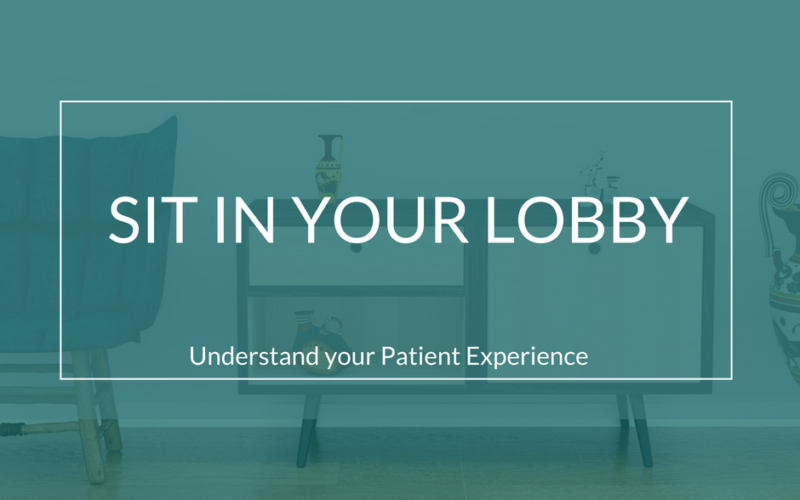Our Industry’s Sad Money Story
By Jessica Dolgan, Psy.D.
Founder Therapy Partner, Private Practice Adviser
I remember the first time I heard a supervisor say, “you don’t go into this for the money,” I thought well uh oh, I’ve made a massive miscalculation because I’m gonna default on all those student loans if you can’t earn a living doing this. I like many clinicians here, didn’t go to graduate school in psychology to get rich, or let’s be honest with the idea of money or earnings in mind at all.
I went like many others did because I had been told I was “intuitive,” “helpful,” “empathic,” etc., You know you heard the same things. I had also heard I had a sound business mind in other jobs, but I certainly didn’t mention this in my application interview for graduate school.
Now, here we all are in a sea of online marketing, people branding themselves, advertisers studying our buying habits and more. We’re inundated by data and much of it is from companies promoting their services. As consumers we are often glad for this branding and marketing it directs us to the best books, products, tools for our children and more; it also keeps us safe as we can compare and contrast using the very best professionals and services.
And where were the clinicians for so long? We have important services to offer right? Nothing could be more important than the psychological well being of the people we love; the public needs us, and we were in hiding. In a profession where we were only encouraged to hang a shingle, cross our fingers, and expect to be paid poorly how are we supposed to compete, operate great practices and clinics, and to pay our bills. After all, you can’t give what you don’t have. Stephanie Newman, Ph.D. in an article for “Psychology Today” stated…“For years mental health professionals have examined money, fees, paid, and unpaid balances to better understand their patients and attempt to heal their wounds. Therapists view money as a sort of movie projector, revealing and laying open for understanding many aspects of their patients’ psychologies. It is a given for them that money, like dreams, symptoms and fantasies, is often an important way in which patients’ inner struggles are revealed and can be explored. But while they routinely think about how patients unwittingly use money to communicate in action what remains out of awareness, they themselves remain loathe to share their personal conflicts and experiences in matters financial. And even after years of clinical work and long personal treatments, clinicians have mostly kept silent about their income and its intricate interweave with their patients’ financial situations. Money remains difficult to talk about-on both sides of the couch.”
Lastly, an entire field has actually arisen around therapists helping the public with money shame and the emotional impact of financial issues. It appears we are starting to heal ourselves and now healing others as well.
For more reading on the psychology of money in business consider checking out:
Money Talks, in Therapy, Society, and Life, edited by Brenda Berger, Ph.D. and Stephanie Newman, Ph.D., )a coterie of esteemed psychoanalysts reflect on their patients’ feelings about money and their own struggles with money, both in the clinical situation and in their own lives).
Also consider reading The Art of Money: A Life-Changing Guide to Financial Happiness, or an adapted article overview of the book at Elephant Journal: How to Recognize & Get Past Money Shame







